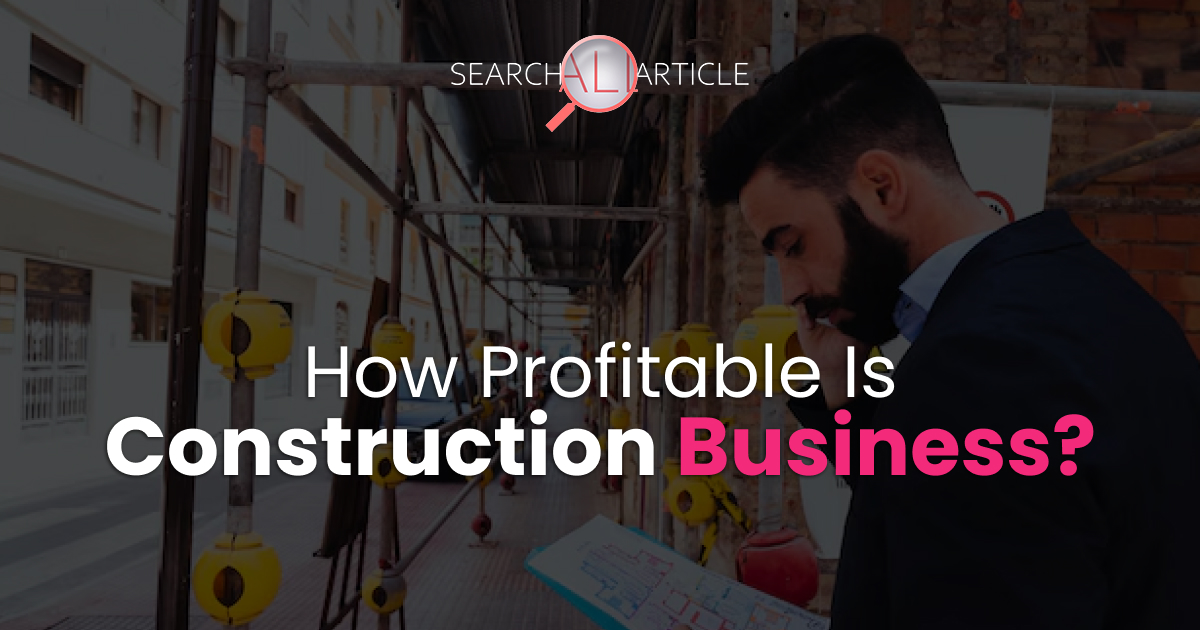A construction business license isn’t just a piece of paper – it’s your golden ticket to the world of professional contracting. It’s proof that you’ve got the skills, knowledge, and credibility to tackle construction projects safely and effectively.
Now, here’s the thing: the exact process can vary depending on where you’re setting up shop and what kind of construction work you’re planning to do.
So, whether you’re a seasoned construction pro ready to strike out on your own, or you’re looking to build a new career from the ground up, this guide is your blueprint for success. We’ll help you understand the requirements, overcome the challenges, and ultimately, construct a path to becoming a licensed, legitimate, and successful construction business owner.
The 8-Step Process to Getting Your License
Step 1: Determine the Specific Licenses You Need
The first hurdle in your licensing journey is figuring out exactly what licenses you need. This can be a bit tricky because you’ll likely need more than one. Most construction businesses require:
- A general business license
- Contractor-specific licenses
These requirements can differ from state to state and even from one city to another. Your best bet is to check with your state’s contractor licensing board and local authorities to get the lowdown on what’s required in your area.
Step 2: Meet Experience and Education Requirements
Think you can just waltz in and get a license? Think again! Most states want to make sure you know your stuff before they let you loose on construction projects. This usually means proving you have:
- Several years of relevant work experience (often 4-8 years)
- Completion of approved training courses
These requirements ensure that licensed contractors have the know-how to handle construction projects safely and efficiently.
Step 3: Pass Required Exams
Get ready to hit the books! You’ll typically need to pass a couple of different exams:
- Trade-specific exams: These test your knowledge of construction practices and techniques.
- Business and law exams: These ensure you understand the legal and financial aspects of running a construction business.
Don’t worry, though. With proper preparation, these exams are totally manageable.
Step 4: Obtain Insurance and Bonding
Construction work comes with risks, and states want to make sure you’re covered. Most licenses require:
- Proof of general liability insurance
- Workers’ compensation insurance (in some cases)
- A surety bond
These protections not only satisfy licensing requirements but also provide peace of mind for you and your clients.
Step 5: Register Your Business
Before you can get licensed, you need to make your business official. This usually involves registering your construction company with your state’s Secretary of State office. It’s a straightforward process, but an important one for establishing your business as a legal entity.
Step 6: Apply for Your License
Now comes the moment of truth – applying for your license. You’ll need to submit an application to your state’s licensing board, along with a stack of documentation. This typically includes:
- Proof of work experience
- Exam results
- Insurance certificates
- Financial statements
- Background check results
Make sure you have all your ducks in a row before submitting your application to avoid delays.
Step 7: Pay Licensing Fees
Nothing in life is free, and that includes your construction business license. Fees can vary widely depending on your state and the type of license you’re applying for. Here’s a general idea of what you might expect:
| License Type | Fee Range |
| General Contractor | $300 – $1,000 |
| Specialty Contractor | $200 – $500 |
| Home Improvement Contractor | $100 – $300 |
Keep in mind that these are ballpark figures and actual fees in your area may differ.
Step 8: Maintain Your License
Congratulations! You’ve got your license. But the work doesn’t stop there. Most licenses require:
- Regular renewal (often annually or bi-annually)
- Continuing education to stay up-to-date with industry standards and regulations
Staying on top of these requirements is crucial for keeping your license active and your business running smoothly.
Navigating the Challenges
Getting a construction business license isn’t always a walk in the park. You might encounter some bumps along the road, such as:
- Complex paperwork: The application process can be overwhelming with all the required documentation.
- Exam anxiety: The thought of taking tests can be stressful, especially if it’s been a while since you’ve been in a classroom setting.
- Financial considerations: Between application fees, exam costs, and insurance premiums, the licensing process can be a significant investment.
However, don’t let these challenges discourage you. With proper planning and persistence, you can overcome these hurdles and achieve your goal of becoming a licensed construction business owner.
Tips for Success
To help smooth out the licensing process, consider these tips:
- Start early: The licensing process can take several months, so begin well before you plan to start operations.
- Stay organized: Keep all your documentation in order and create a checklist of requirements.
- Network with other contractors: They can provide valuable insights and advice based on their own licensing experiences.
- Consider hiring a consultant: If you’re feeling overwhelmed, a licensing consultant can guide you through the process.
The Benefits of Being Licensed
While the process of obtaining a construction business license may seem daunting, the benefits far outweigh the challenges:
- Legal compliance: Operating with a valid license keeps you on the right side of the law.
- Increased credibility: A license demonstrates your professionalism and expertise to potential clients.
- Access to larger projects: Many commercial and government contracts require licensed contractors.
- Protection for your business: Proper licensing often includes insurance requirements that safeguard your business.
The End Notes
Obtaining a construction business license is a crucial step in establishing your company as a legitimate and trustworthy operation. While the process can be complex and time-consuming, it’s an investment in your business’s future. By following the steps outlined in this guide by Search All Article and staying committed to meeting all requirements, you’ll be well on your way to joining the ranks of licensed construction professionals.
Always check with your state’s contractor licensing board and local authorities for the most up-to-date and accurate information. With your license in hand, you’ll be ready to build not just structures, but a successful and reputable construction business.
- What Construction Business Makes The Most Money? - October 4, 2024
- How To Scale Construction Business? - October 4, 2024
- How Profitable Is Construction Business? - October 4, 2024






